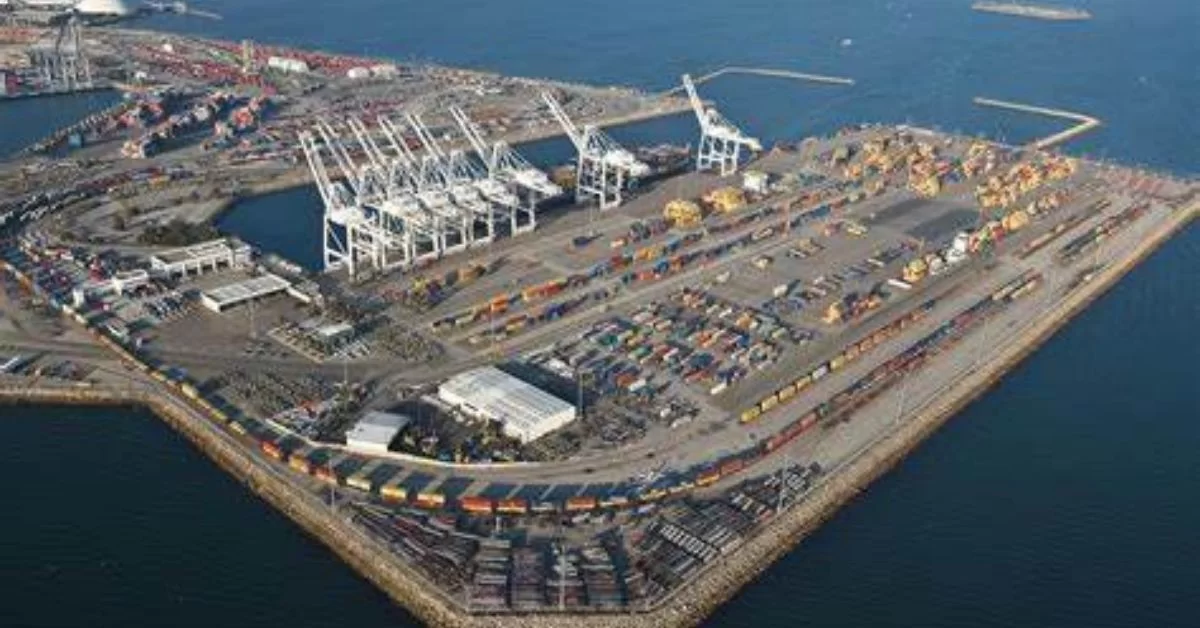
Israel-Iran conflict : With $550 million at stake, India’s Chabahar Port gamble faces heat from escalation
NEW DELHI : India’s business and strategic interests in Iran center primarily on Chabahar Port, a critical asset operated through India Ports Global Limited (IPGL). This port provides India with a strategic overland route to Afghanistan and Central Asia, circumventing Pakistan and counterbalancing China’s Gwadar port influence in the region.
As of May 2024, India secured a 10-year contract to manage the Shahid Beheshti terminal at Chabahar, reaffirming its long-term commitment. IPGL — a joint venture between Jawaharlal Nehru Port Trust and Kandla Port Trust — oversees operations in partnership with Iran’s Aria Banader.
India’s development contributions include an $85 million investment for berth upgrades, a $150 million Exim Bank line of credit, and a separate $400 million line of credit aimed at facilitating steel imports for the Chabahar–Zahedan railway. This railway project was initially assigned to Indian public sector firm Ircon International under a $1.6 billion MoU, although funding delays prompted partial Iranian disengagement in 2020.
Private sector firms such as Adani Group and Essar expressed interest in Chabahar operations as early as 2017. While concrete private investment remains pending, the Indian government continues to invite bids for participation.
At the diplomatic level, India and Iran have maintained regular engagement to sustain momentum. In January 2025, National Security Advisors and officials at the 19th Foreign Office Consultations emphasized enhanced cooperation on Chabahar and the International North-South Transport Corridor (INSTC).
However, geopolitical volatility poses a risk. The ongoing Israel-Iran conflict and the potential for expanded US involvement could disrupt operations at Chabahar, affecting insurance, logistics, and the INSTC corridor. Western sanctions remain a persistent obstacle, complicating both port development and rail connectivity initiatives.

